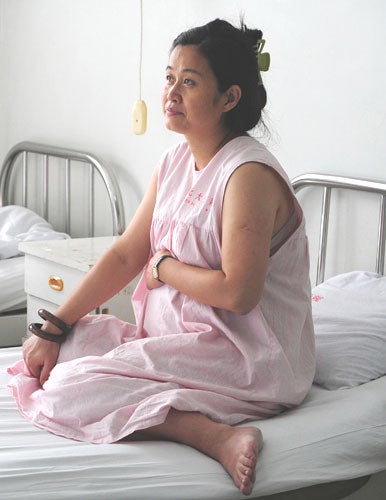Risks from epidurals were 'exaggerated'

Epidurals and spinal anaesthetics are safer than previously thought, according to a study published today.
Previous analyses have overestimated the risks of severe complications of the procedures, according to the study, which found the risk of permanent harm following a spinal anaesthetic or epidural was lower than one in 20,000 and often much lower. The research, published in the British Journal of Anaesthesia, found the risk of permanent injury – defined as symptoms lasting more than six months –was about one in 23,000 to one in 50,000.
The risk of being paralysed was two to three times rarer than of suffering any permanent harm, and the risk for women requiring pain relief for labour or Caesarean section was lower still, with the most pessimistic estimate of permanent harm being one in 80,000.
The study found that the risk of harm when an epidural was used for surgery was considerably higher than during childbirth – between one in 6,000 and one in 12,000. But this was also lower than previous estimates.
Dr Tim Cook of the Royal United Hospital, Bath, who led the project, said the higher risk was probably because many patients were elderly with medical problems "and that the surgery itself increases risks".
Join our commenting forum
Join thought-provoking conversations, follow other Independent readers and see their replies
Comments